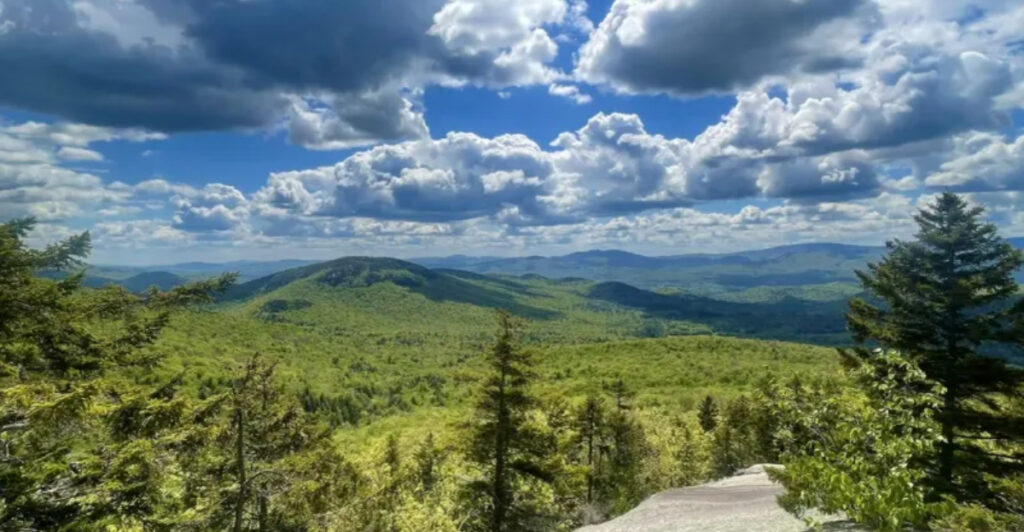Hidden deep within New Hampshire’s White Mountains lies a forgotten piece of American history. Thornton Gore was once a bustling farming community where families built their dreams among the rocky mountain soil. Today, only stone foundations and crumbling walls remain as silent witnesses to a town that time forgot. These seven fascinating facts reveal the remarkable story of how a thriving 19th-century settlement became one of New England’s most haunting ghost towns.
1. A Bustling Mountain Community Born in 1804
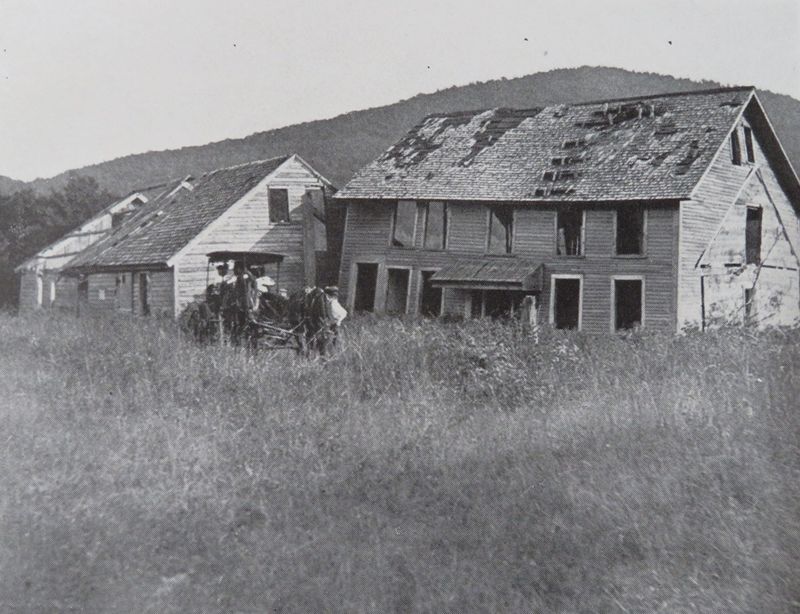
Thornton Gore began as a bold experiment in 1804 when settlers decided to carve out a life in New Hampshire’s challenging terrain.
By the 1850s, this remote community had grown into something remarkable. Families operated a busy mill, gathered for worship in their own church, and sent their children to a one-room schoolhouse. The town buzzed with the sounds of daily life – cattle lowing, axes chopping wood, and neighbors calling to each other across stone-walled fields that stretched between the mountains.
2. Potato Powerhouse of the White Mountains
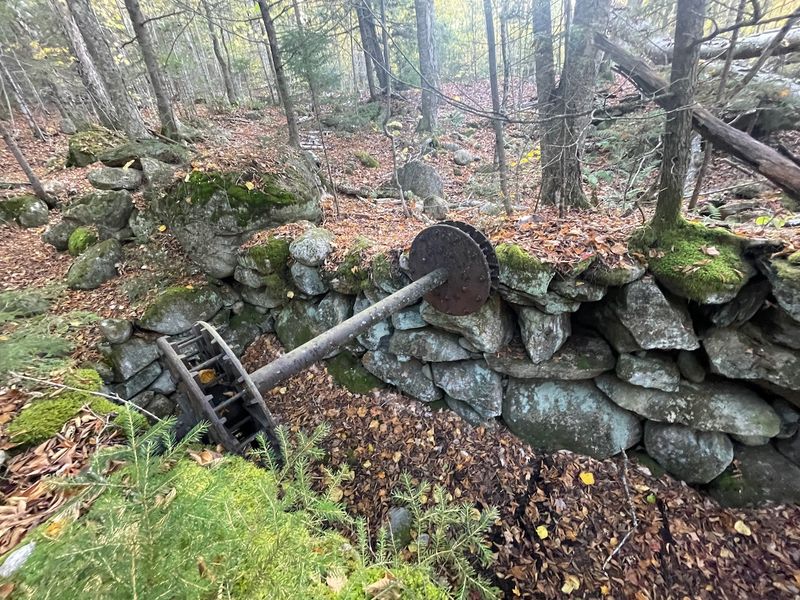
Who knew that potatoes would become Thornton Gore’s claim to fame? In 1850, these mountain farmers sold an impressive 3,370 bushels of potatoes to a nearby starch factory. That’s enough spuds to fill several modern dump trucks!
Beyond potatoes, families produced everything they needed to survive harsh mountain winters. They churned butter, spun wool from their sheep, and tapped maple trees each spring for sweet syrup and sugar. Women worked alongside men, turning raw materials into essentials like candles, soap, and warm clothing. This self-sufficient lifestyle meant families rarely needed to venture beyond their mountain home for survival.
3. Civil War Tragedy Begins the Town’s Downfall

Everything changed when the Civil War began tearing families apart in the 1860s. Young men marched off to distant battlefields, leaving behind wives, children, and aging parents to manage the demanding mountain farms alone.
Meanwhile, the new railroad brought cheap goods from faraway places, making local products less valuable. Why buy expensive mountain-made butter when cheaper alternatives arrived by train? Families faced an impossible choice: struggle with failing farms or seek better opportunities in growing mill towns. One by one, they packed their belongings and said goodbye to the only home many had ever known, leaving empty houses to face the mountain winds alone.
4. Loggers Replace Farmers in the 1890s
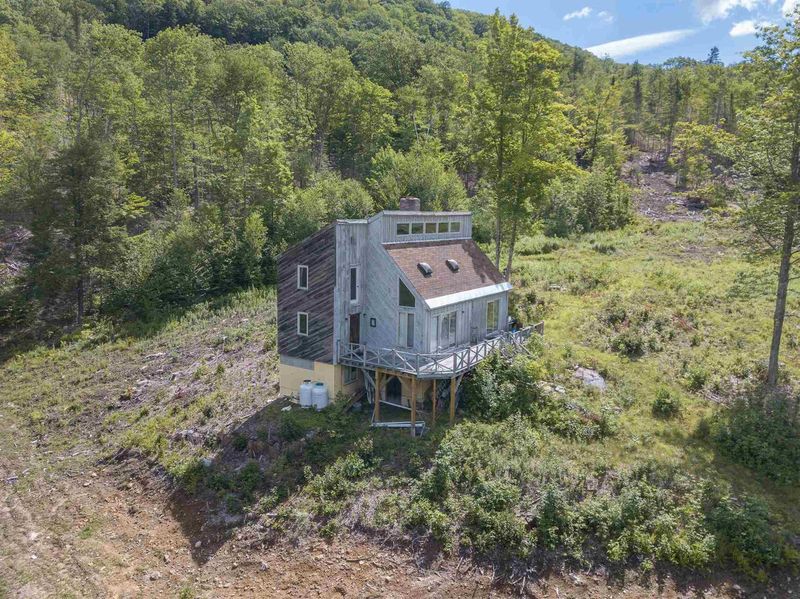
By 1895, the New Hampshire Land Company saw opportunity where families had found hardship. They bought up the abandoned farms and transformed Thornton Gore from a farming community into a logging operation.
Massive trees that had shaded family gardens now fell to feed America’s growing appetite for lumber. The sounds of axes and saws replaced children’s laughter as professional loggers moved through forests where families once gathered berries and hunted deer. This dramatic shift marked the final chapter of Thornton Gore as a place where people built homes and raised families. The mountain community had become just another resource to harvest and abandon.
5. Railroad Dreams Die in Flames

Hope briefly returned in 1909 when the Woodstock & Thornton Gore Railroad arrived with whistles echoing through the valleys. This narrow-gauge line promised to connect the isolated area with the outside world once again.
Workers laid tracks through the ghost town’s remains, and steam engines began hauling timber to a sawmill in Woodstock. For five years, Thornton Gore heard the sounds of industry again. Then disaster struck in 1913 when fire consumed the sawmill. Without a destination for their lumber, the railroad shut down in 1914. The last train departed, taking with it any chance that families might return to rebuild their mountain community.
6. Nature Reclaims Its Territory
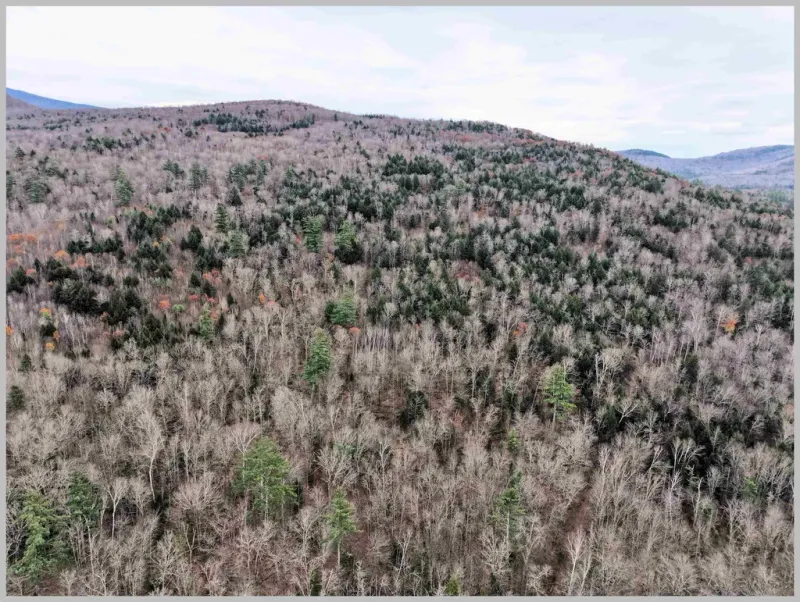
When the White Mountain National Forest was established in 1918, Thornton Gore officially became government land. Trees began growing through broken windows and vines wrapped around porch posts where families once sat on summer evenings.
Seasons passed without human footsteps on familiar paths. Cellar holes filled with fallen leaves, and stone walls disappeared beneath spreading ferns and moss. Wildlife returned to claim spaces where children once played hide-and-seek. The forest slowly erased most evidence of human habitation, leaving only the most stubborn stone foundations to hint at the bustling community that once called these mountains home. Nature had won back its territory.
7. Hidden Treasure for Modern Explorers
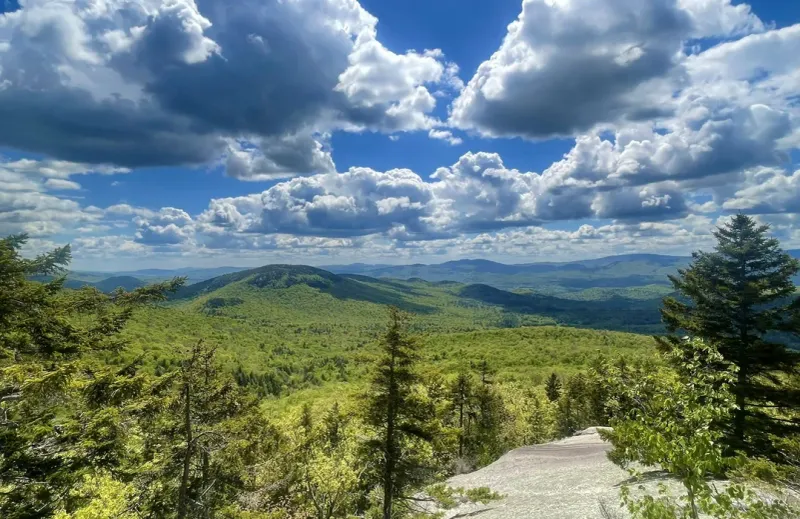
Today’s adventurers can still discover Thornton Gore’s secrets by following Tripoli Road east from I-93. After passing Russell Pond campground, watch for a small hut and roadside pull-off where a footpath leads into the woods.
Modern hikers walk the same ground where families once lived, worked, and dreamed. Stone walls emerge from the forest floor like ancient puzzles, and cellar holes tell silent stories of kitchen hearths and family gatherings. The Wildcat Cemetery stands as the most poignant reminder, where weathered headstones mark the final resting place of mountain pioneers. Each visit offers a chance to connect with New England’s forgotten past.

